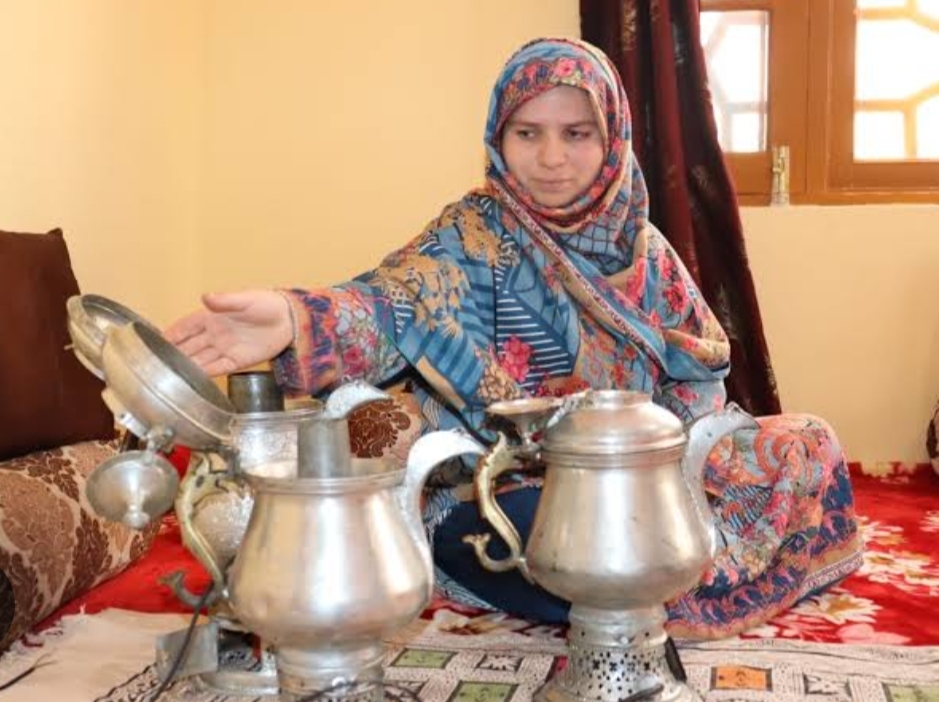Rehan Qayoom Mir
Srinagar, Dec 11: The once-cherished Samovar culture, a significant part of Kashmir’s heritage, is now on the brink of extinction.
Once an essential item in almost every home in the valley, the Samovar has now become a rare sight, seen primarily at marriages and funerals.
According to news agency—Kashmir News Observer (KNO), the Samovar was introduced to Kashmir centuries ago. However, its use has gradually declined, making it an increasingly rare aspect of daily life.
Traditionally made of metal, the Samovar was used to boil water for tea. Its origins are believed to trace back to Russia, Persia, or Turkey. Today, it is largely confined to symbolic appearances at weddings and funerals, raising concerns about the preservation of this cultural artifact.
Gulam Rasool, an elderly man with extensive knowledge of the valley’s history, said, “The Samovar culture was once an everyday affair, deeply embedded in our lives. Now, it is only seen on special occasions like weddings and funerals.”
He added that tea made in a Samovar was renowned for its taste, which surpassed that of tea prepared in other utensils. “Unfortunately, it has now become a rare sight,” he said.
An elderly woman from Safa Kadal, Srinagar, expressed her concern, saying, “Our traditions are becoming a thing of the past. If the youth don’t take an interest, we may lose this culture forever.”
“It is sad that the Samovar, which is so integral to our identity, is being confined to marriages and funerals only. This is not just a cultural loss but a social one,” said a local resident Imran Ahmad.
It is worth mentioning that the origins of the Samovar date back centuries, during the period of Persian influence on Kashmiri society. Its development was closely tied to the Kashmir Valley’s trade networks, where artisans adopted copper-working techniques from Central Asia and Persia. Initially created for tea and beverage consumption, the Samovar combined aesthetic patterns with functional utility—(KNO)




